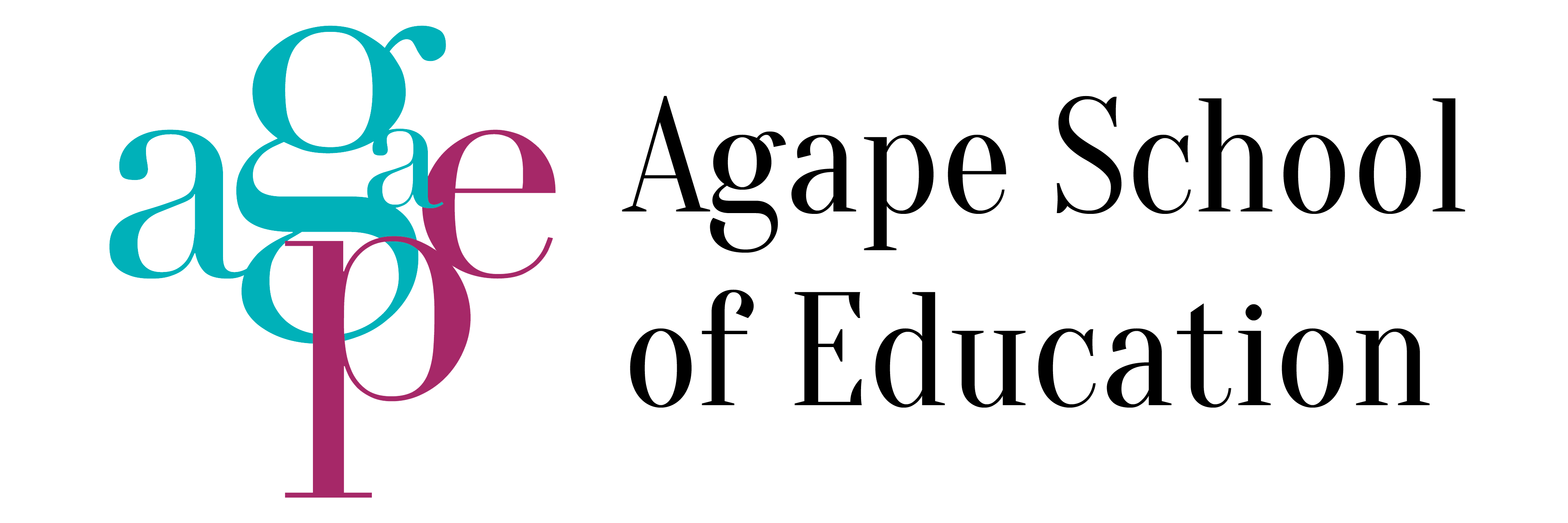Many people know it’s important to learn a foreign language. Not only is it good for mental functions, it’s a useful tool in the business world. It’s easy to start learning a new language, because of our motivations. However, many of us have also picked up a new language and then dropped it after a while. If this sounds like you, write down the top 5 most recent reasons you’ve put off practising the new language. We’ve also listed some of the 6 common reasons that people often cite when they put off learning a language.
1. No time
We all have our busy days and some days can overwhelm us. It’s understandable that on days like this spending an hour on grammar, much less foreign grammar, is simply beyond you. But if you use this excuse every day, is it justified? Always remember that if you want to learn a language, you need to put in the effort and make the time. Even if it’s just five minutes a day, make the commitment to your education.
It’s very simple. If you learn best in the morning, dedicate 5 minutes while you brush your teeth, eat your breakfast, make your coffee or even while you’re standing on the MRT. Tie it up with something that you do on a daily basis so that you don’t forget. Research has shown that if you connect a new habit with an old one, you are more likely to retain it.
2. Where do I start?
Languages are a great undertaking. There are many parts and facets that students must grapple with. This only gets harder when you consider the multitude of learning aids available in stores and online. Your phone alone has numerous apps for every language. It’s easy to get overwhelmed and confused with where to start. Agape School of Education provides our students with specialised and in-house learning materials that will guide students on their learning journey. We also use different types of media, including audio-visual materials to help all types of students learn effectively.
Ask yourself what is it you want to do now with your language. Pass an exam? Give a presentation at work? Talk with your friends? Find your reason and then find the materials to help you accomplish just that. Here’s a really great tip: find a resource you love and stick with it. Try to wring as much as you can out of the material which you have chosen. You will progress if you stick with one resource and keep using it. If you switch around, you may progress, but you also might get lost starting over and over again.
3. How do I practice?
Take it one step at a time. Practice grammar one day, syntax the next and spelling on another. Vocabulary is the only part of a language that we would recommend you practice every day. Try to learn 5 new words a day, but if that’s too much, start at 1 and work your way up. Always remember to schedule revision days as well so that you refresh and reiterate the information you’ve already learnt.
4. I’m exhausted after work
School days are longer than ever. Between classes, exams, co-curricular activities and other activities outside of school, there’s barely time to relax let alone schedule extra study time. For adult learners, long work days, after-hour work calls, and juggling work and family responsibilities can easily force practicing a language to take a back seat. Sure, you could stay up later, but sleep is very important for memory and the retention of information. Therefore, we recommend taking a quick nap before you start studying, or scheduling your quick revision or practice in the morning as you wake up!
5. I can’t afford a tutor
Perhaps you just don’t have the drive to study alone? That’s fine but tutors can be an investment that you’re not sure you’re ready to take. However, if you really want to learn a language, we’d suggest you do it the right way. Learning a language haphazardly can create more problems than you expected. Learning the wrong conjugation or syntax can affect the applicability of your language skills. Furthermore, if you’re not studying the right way, learning a language can seem daunting. This can affect your motivation and desire to learn, impacting the way you feel about a language.
At Agape School of Education, we inspire a love of language in our students. We incorporate culture and language in our syllabus so that our students understand the intricacies of each language.

6. There isn’t anyone to practice with
Practicing your speaking skills is an important part of learning any language. It helps you brush up on your vocabulary, learn new phrases and test out your pronunciation. However, if you don’t have that extra support, it can seem like learning the language has been a bit of a waste. At Agape School of Education, our group classes encourage students to communicate and test out their skills. Not only do our students get the opportunity to communicate with their fellow peers, they also gain access to our native- and non-native speaking teachers. This exposes them to a wide variety of language dialects, accents and communication styles!
So – what are you waiting for? Get learning with Agape School of Education! We offer language classes in over 13 different languages.



0 Comments